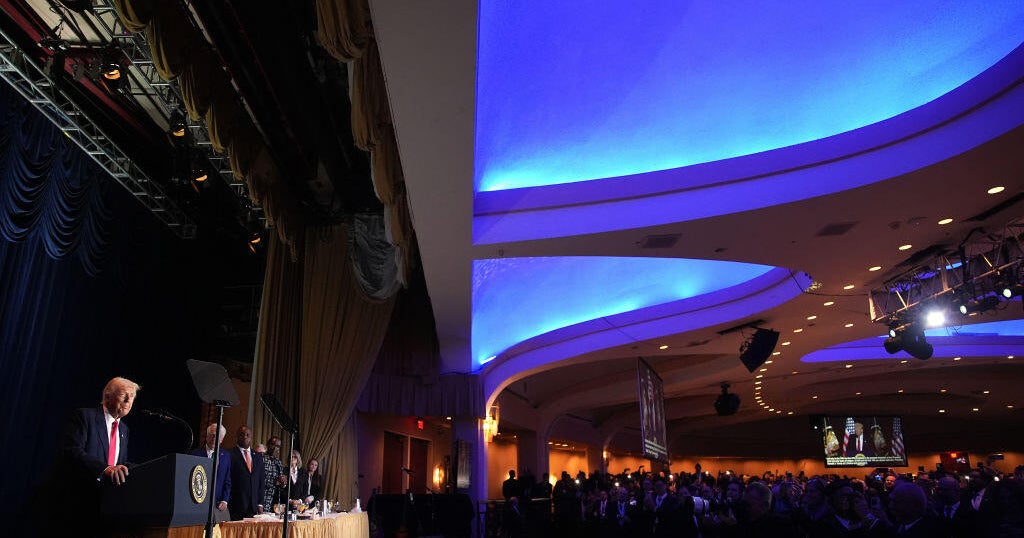Power Brokers and Cocktail Whispers: Inside the Washington Hilton's Political Saga

For nearly a century, the White House Correspondents' Dinner has been a celebrated Washington D.C. tradition that uniquely blends political humor, media camaraderie, and presidential wit. Since its inception in 1921, this iconic annual event has served as a lighthearted evening where political figures and journalists come together to share laughs and break down formal barriers.
The Washington Hilton has been an integral part of this tradition, hosting the dinner for an impressive 57 consecutive years. During this time, the venue has witnessed countless memorable moments of comedic interaction between presidents, comedians, and members of the press corps. What began as a simple gathering has evolved into a significant cultural event that offers a rare glimpse of political personalities beyond their typically serious public personas.
Each year, the dinner provides a unique platform where political satire, self-deprecating humor, and media commentary converge, creating an evening that is both entertaining and symbolically important in the landscape of American political communication.
